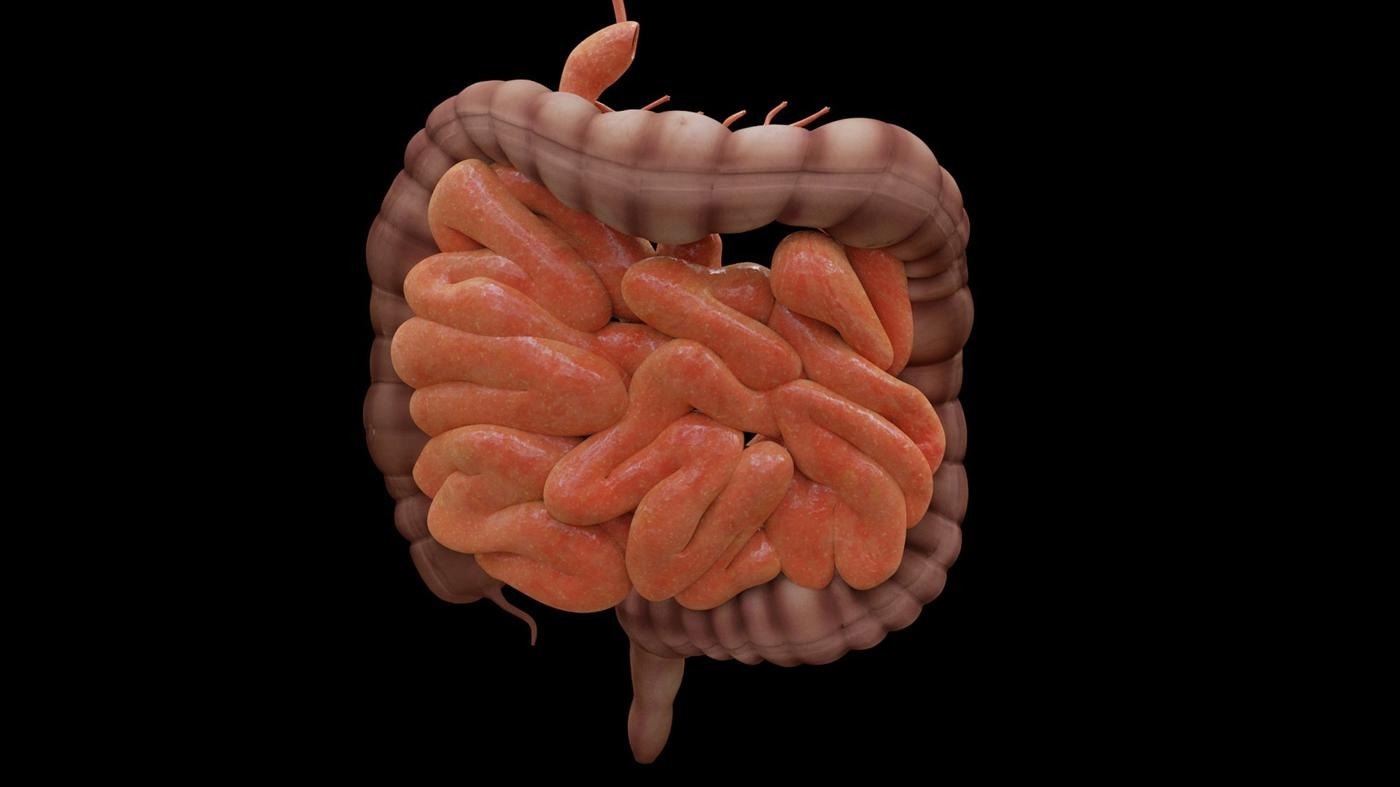
Image Credit: University of Birmingham
In a new study, scientists assisted by the National Institute for Health and Care Research and the Birmingham Biomedical Research Centre have trialed an AI diagnostic tool that has the potential to read digitized biopsies taken at the time of colonoscopy.
The newly developed Computer-Aided Diagnostic model was able to forecast the threat of flare-ups for ulcerative colitis. This is a relapsing-remitting condition and thus makes the prognosis for the disease difficult.
The system was made to train on present digitized biopsies and also was able to detect activity concerning ulcerative colitis with 89% precision for positive outcomes. It was not possible to determine markers of inflammation activity and healing in the same area since biopsies were taken with 80% precision, which was similar to that of human pathologists.
The power of AI in healthcare is evident in trials like these, where a model can be used to standardize in real-time histological assessment of Ulcerative Colitis disease activity. But most importantly it provides analytical support and enables clinicians to support those at the greatest risk of relapsing symptoms and disease course.
Marietta Iacucci, Study Co-Lead Author and Honorary Associate Professor in Gastroenterology, Institute of Immunology and Immunotherapy, University of Birmingham
“Ulcerative Colitis is a complex condition to predict, and developing machine learning-derived systems to make this diagnostic job quicker and more accurate could be a game changer. As models like this further develop, the predictive quality is likely to improve even more, and our paper demonstrates how beneficial such technology could be for clinicians and, crucially patients.”
Iacucci is also a professor at University College Cork in Ireland.